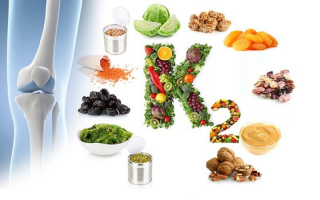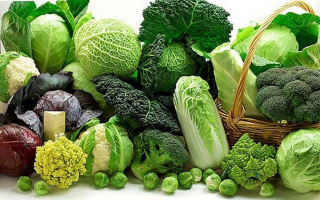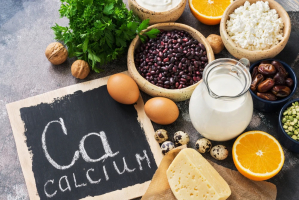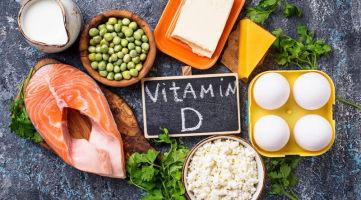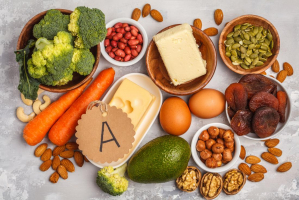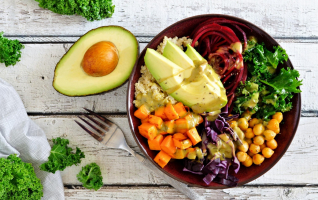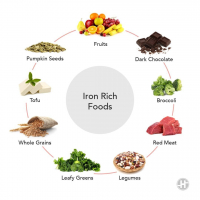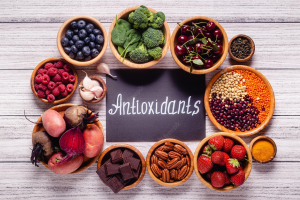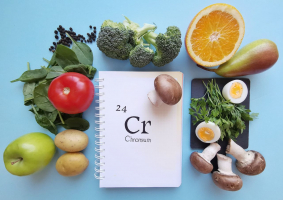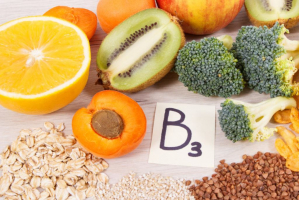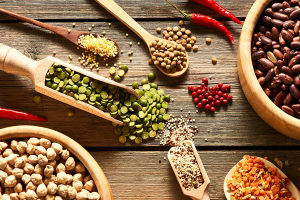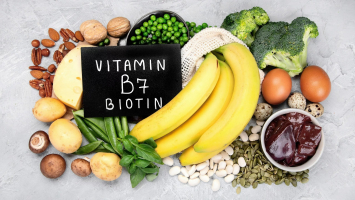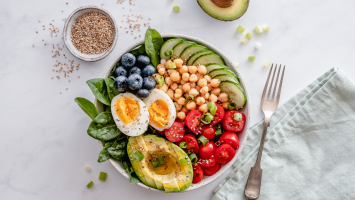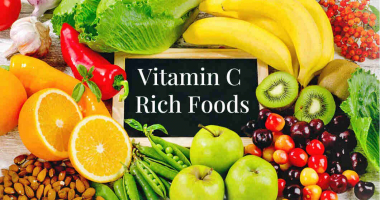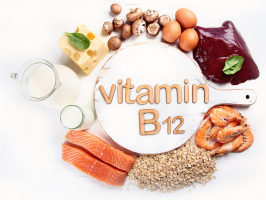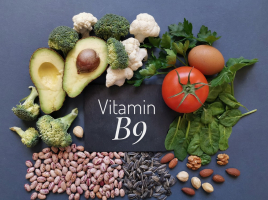Top 15 Best Foods High in Minerals
Minerals are elements necessary for life. For instance, minerals are essential for the health of the heart, brain, and body's production of hormones and ... read more...enzymes. Many different foods include minerals, but some are particularly rich in these important nutrients. Below are some foods loaded with minerals you can add to your daily diet!
-
Nuts and seeds are good sources of protein, healthy fats, fibers, vitamins, and minerals. Numerous minerals can be found in nuts and seeds, but magnesium, zinc, manganese, copper, selenium, and phosphorus are particularly abundant.
There are a number of delicious foods that are high in magnesium. Incorporating nuts and seeds, in particular, into your diet will help you naturally increase your levels of magnesium because they are among the foods with the greatest magnesium content on the globe. Some nuts and seeds are also particularly notable for other mineral content. For instance, a single Brazil nut provides 174% of your daily requirements for selenium, while a serving size of 1/4 cup (28 grams) of pumpkin seeds provides 40% of your daily requirements for magnesium. While nut and seed butter can be used for smoothies, oatmeal, and paired with fresh fruit or vegetables, whole nuts and seeds are a quick, nutrient-dense snack.
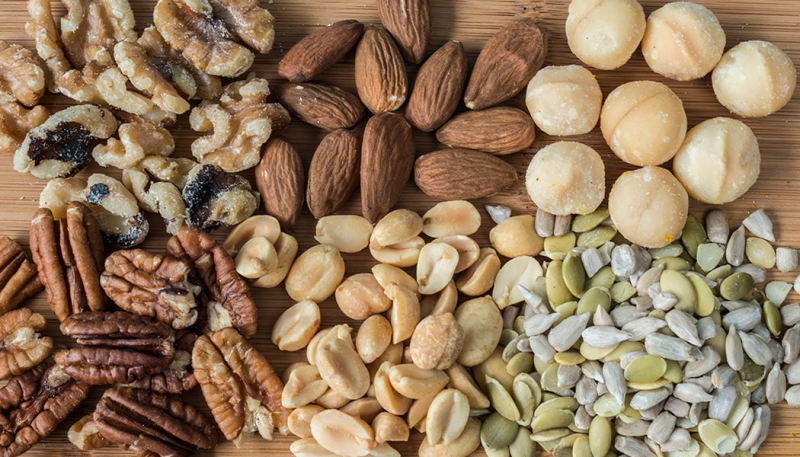
Nuts and seeds 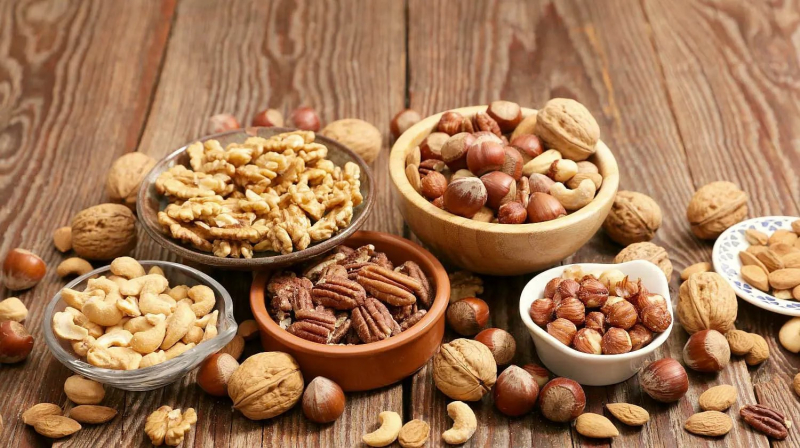
Nuts and seeds -
Shellfish are loaded with protein and healthy fats that may aid weight loss. Shellfish, such as oysters, clams, and mussels, are rich in selenium, zinc, copper, and iron and are concentrated sources of minerals.
6 medium-sized oysters (84 grams) supply 30% and 22% of your daily requirements for selenium and iron, respectively, while 6 oysters (84 grams) fulfill your daily requirements for zinc and copper. An important vitamin for immune system health, DNA synthesis, cell division, and protein synthesis is zinc. People who are at risk for zinc deficiency include pregnant and breastfeeding women, people with gastrointestinal disorders, those taking certain drugs, adolescents, and older adults. This condition can impair immunological function, hinder growth and development, and raise infection risk. For people at risk of developing a zinc deficiency, shellfish is a wise choice as they offer a rich dose of this essential mineral.

Shellfish 
Shellfish -
Cruciferous vegetables are rich in vitamins, minerals, and omega-3 fatty acids. These good fats are crucial for numerous biological processes, including maintaining cognitive health and lowering the risk of mental decline and diseases like Alzheimer's.
Consuming cruciferous vegetables, such as Brussels sprouts, Swiss chard, cauliflower, and broccoli, is linked to a number of health advantages, including a decreased risk of chronic disease. These health advantages are directly linked to the high nutritious content of these vegetables, notably their remarkable mineral concentration. The sulfur found in cruciferous vegetables, such as broccoli, kale, cabbage, and watercress, is particularly important for cell functions, DNA synthesis, detoxification, and the body's production of glutathione, a potent antioxidant. Cruciferous vegetables are a good source of numerous minerals, including magnesium, potassium, manganese, and calcium, in addition to sulfur.
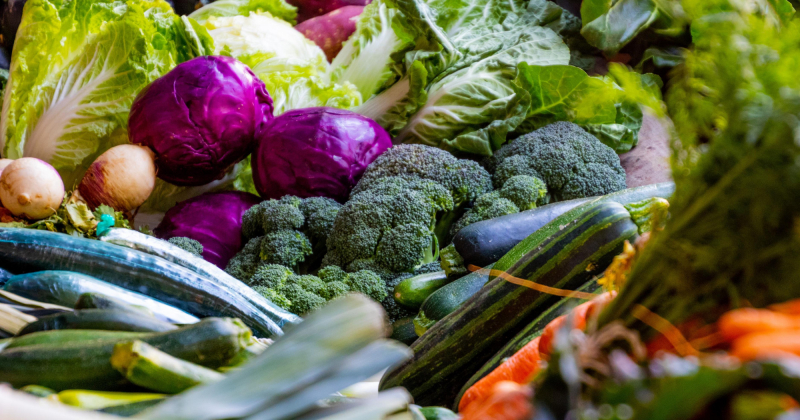
Cruciferous vegetables 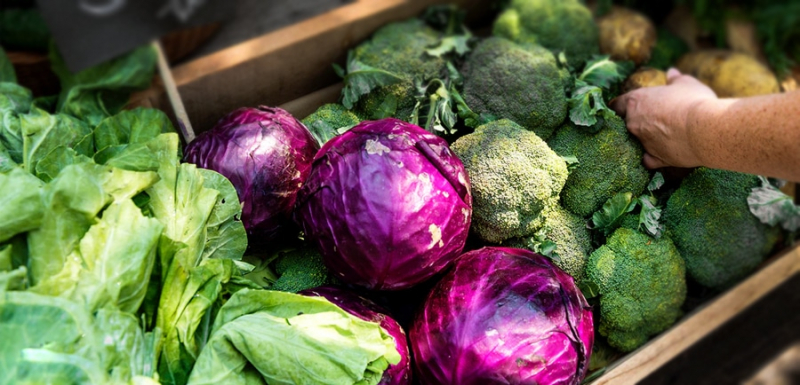
Cruciferous vegetables -
In many cases, organ meats are more nutrient-dense than muscle meats. Most organ meats are good sources of a variety of vitamins and minerals, including many of the B-Vitamins, iron, and zinc, with the notable exceptions of tripe (intestines) and brains.
Even though they are less well-known than protein sources like chicken and steak, organ meats are some of the foods that are the highest in minerals. As an example, a slice of beef liver (85 grams) contains 55%, 41%, 31%, and 33% of your daily requirements for selenium, zinc, iron, and phosphorus, respectively. Organ meats also provide a lot of protein and vitamins, such as vitamin B12, vitamin A, and folate. The vitamin B1 thiamin, also found in liver, is present. Thiamin has been found in studies to help prevent plaque formation and memory loss, two risk factors for Alzheimer's disease.
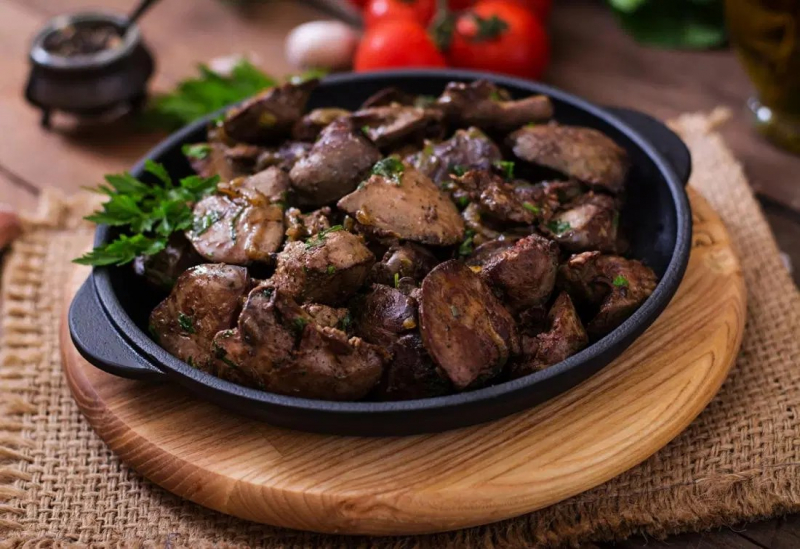
Organ meats 
Organ meats -
For good reason, eggs are frequently referred to as "nature's multivitamin". An incredible variety of nutrients can be found in one whole egg. Whole eggs are a great source of vitamins, minerals, and other nutrients.
A variety of lesser-known nutrients as well as vitamins, minerals, high-quality protein, and beneficial fats are all abundant in eggs. Almost every vitamin and mineral the human body needs is also present in small amounts in eggs, including calcium, iron, potassium, zinc, manganese, vitamin E, folate, and many others. It's best to eat an entire egg, not just the white, even though many people avoid egg yolks because of their high cholesterol level because the yolks are where nearly all of the vitamins, minerals, and other healthy substances are found.

Eggs 
Eggs -
The high fiber and protein content of beans is well recognized, but they are also a rich source of minerals like calcium, magnesium, iron, phosphorus, potassium, manganese, copper, and zinc.
Beans also contain antinutrients such as phytates that can reduce the absorption of nutrients. However, studies have demonstrated that properly cooking or sprouting beans can boost the bioavailability of minerals. A good amount of zinc, copper, manganese, selenium, and vitamins B1, B6, E, and K are also present in beans. One of the foods with the highest nutrient density is pinto beans, which have just 245 calories and 171 grams of fat per cup. There are plenty of additional remarkable types. Among plant foods, beans stand out because of their high protein content. They are regarded as a crucial source of protein for vegetarians as a result.
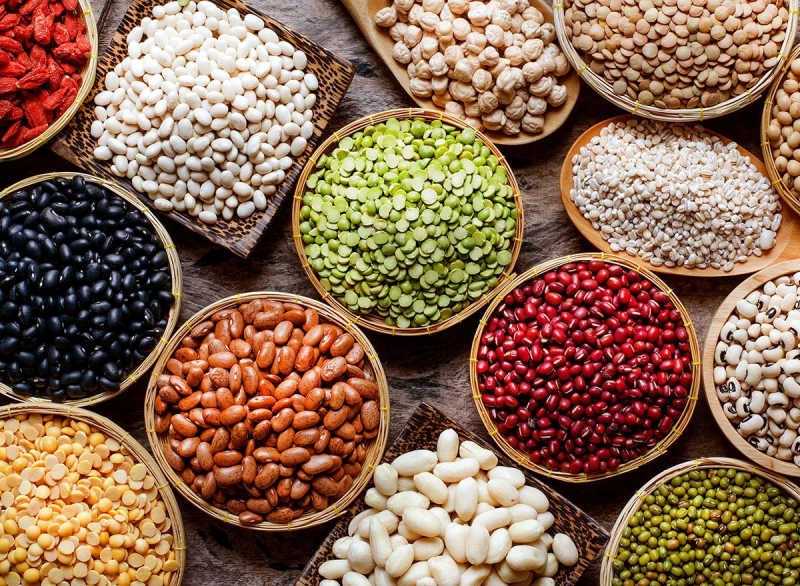
Beans 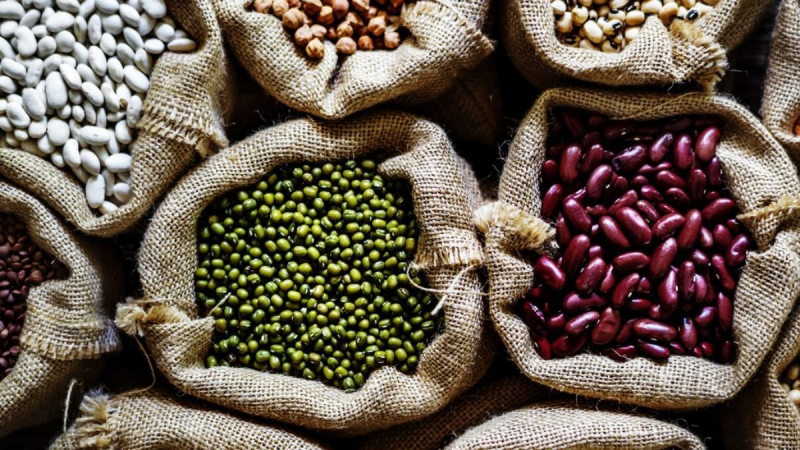
Beans -
Cocoa's popularity has endured for an incredibly long time, dating all the way back to pre-Colombian tribes and predating the Mayans. It is one of the foods in the modern diet that is the most nutrient-dense since it contains significant amounts of important nutrients.
To enhance your mineral intake, try adding cocoa to smoothies, snacking on some dark chocolate, or sprinkling cacao nibs over yogurt. Cocoa products are rich in minerals, despite not typically being thought of as being nutrient-dense foods. Magnesium and copper are particularly abundant in cocoa and cocoa-derived goods. Magnesium is essential for many processes, including the production of energy, control of blood sugar, nerve function, and blood pressure. In addition to many other critical body functions, copper is necessary for healthy growth and development, glucose metabolism, iron absorption, and red blood cell formation.
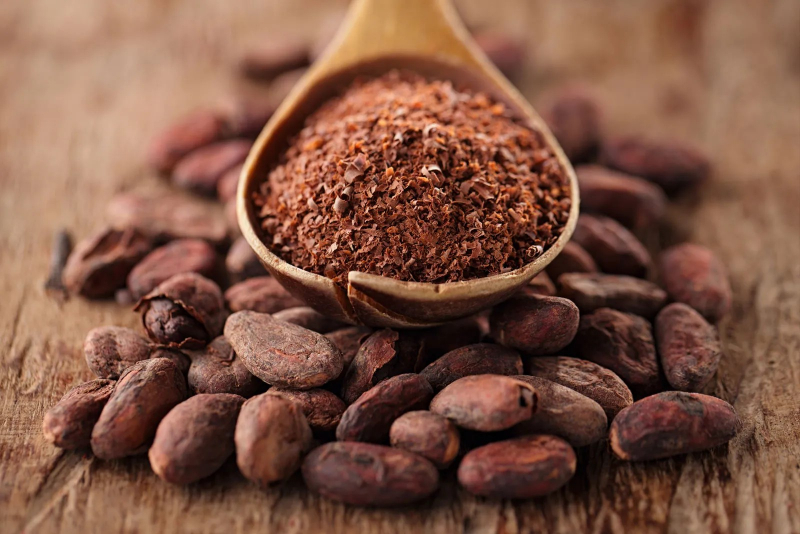
Cocoa 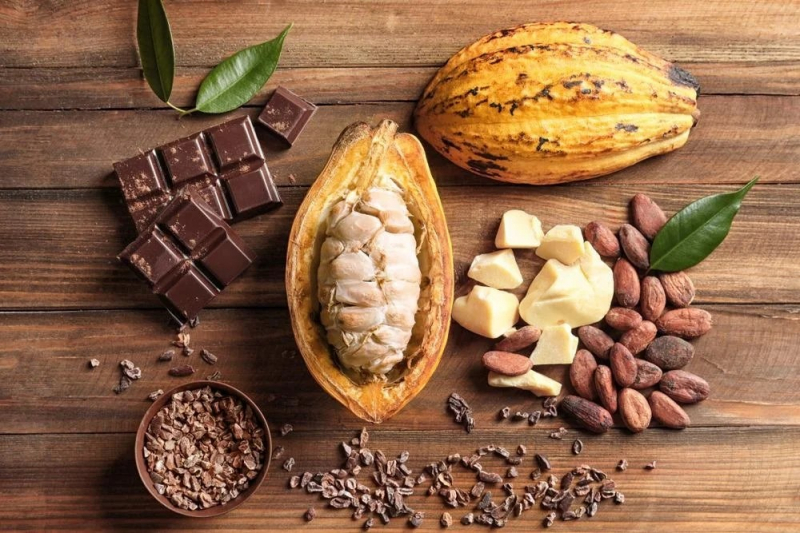
Cocoa -
The nutritional profile of avocados is remarkable. They are high in fiber and packed with vitamins and minerals, including vitamin C, vitamin E, potassium, copper, and vitamin K. Consuming avocados is associated with a number of health advantages, including a lower risk of cardiovascular disease, according to research.
In particular, they contain high levels of magnesium, potassium, manganese, and copper. A vital mineral for maintaining heart health and blood pressure control is potassium. According to studies, eating a lot of potassium-rich foods like avocados may help lower your chance of developing heart disease and stroke. Higher potassium intake was linked to a 24% lower risk of stroke and a reduction in heart disease risk factors like high blood pressure levels, according to a study of 33 studies involving 128,644 people.
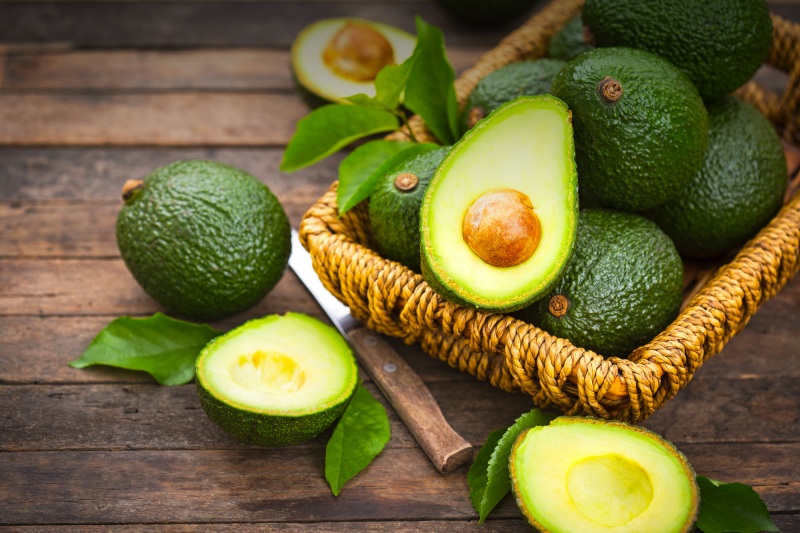
Avocados 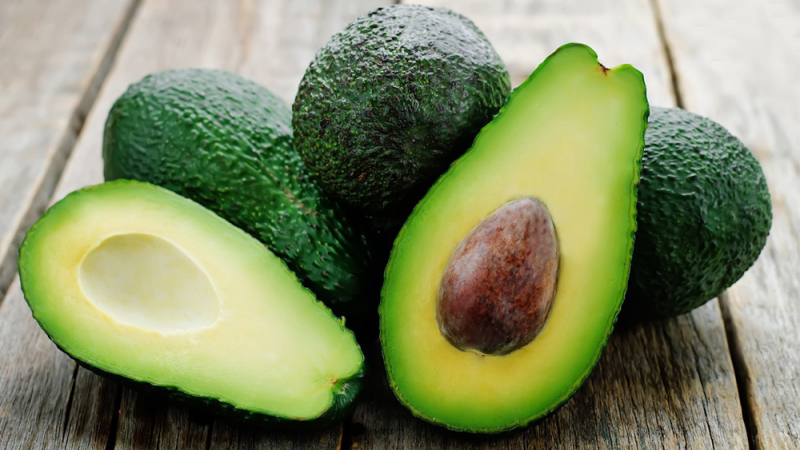
Avocados -
Berries are among the top sources of vitamins, minerals, and disease-fighting nutrients, and they can help reduce the risk of many age-related conditions, according to experts. Strawberries, blueberries, blackberries, and raspberries are some of the delicious berries that are also great sources of vital minerals.
Berries are an excellent source of manganese, magnesium, and potassium. Many metabolic processes involved in energy metabolism, as well as the immune and neurological systems, depend on manganese, a mineral. Additionally, this mineral is necessary for the development and maintenance of strong bones and connective tissues as well as for the production of antioxidants that defend cells from oxidative harm.
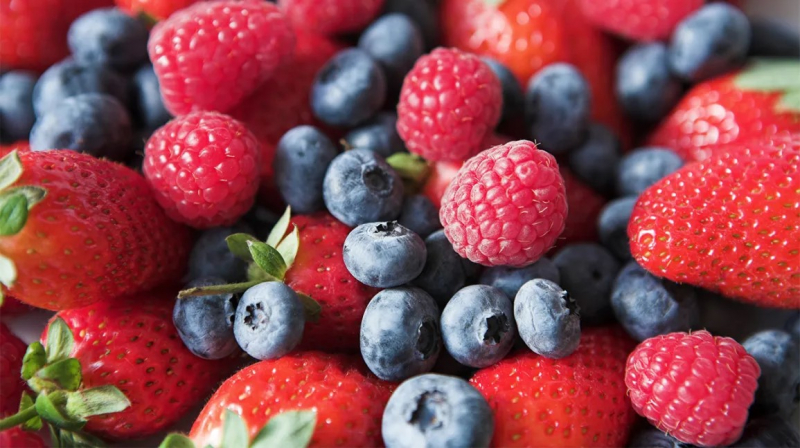
Berries 
Berries -
One of the most popular sources of calcium in the diet is dairy products, such as yogurt and cheese. Choosing milk, cheese, and yogurt wisely can help you increase your consumption of beneficial nutrients like protein, calcium, and other vitamins. In addition to being necessary for your nervous system and heart function, calcium is also required to maintain a healthy skeletal system.
Numerous people, particularly older adults, do not get enough calcium in their diets, according to studies. A good way to increase your intake of calcium, as well as other minerals like potassium, phosphorus, zinc, and selenium, is by including high-quality dairy products like yogurt and cheese in your diet. However, a lot of people are lactose intolerant. Many foods, such as beans, nuts, and leafy greens, offer calcium if you are unable to consume dairy.
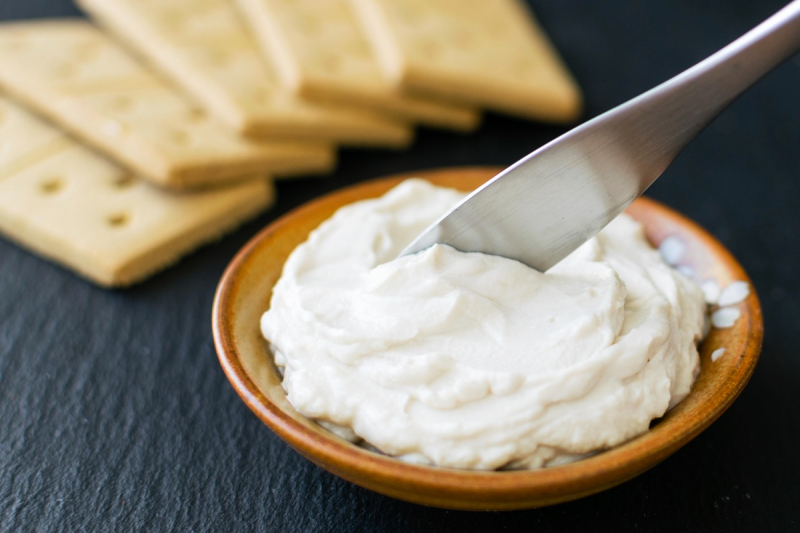
Yogurt and cheese 
Yogurt and cheese -
Oily seafood like sardines is full of omega-3 fatty acids. They may have less mercury pollution than larger fish and are a good source of protein, vitamins, and minerals.
The majority of the vitamins and minerals your body requires to thrive are found in sardines, which are a nutritional powerhouse. Fish are also a good source of protein, vitamins, selenium, and calcium. According to the 2015–2020 Dietary Guidelines for Americans, consuming 8 ounces (oz) per week of a variety of seafood provides, on average, 250 milligrams (mg) per day of EPA and DHA. In terms of calcium, iron, magnesium, phosphorus, potassium, and selenium, one 3.75-ounce (106-gram) can of sardines provide 27%, 15%, 9%, 36%, 8%, and 88% of your daily requirements, respectively. Additionally, they're a great source of omega-3 fats, which reduce inflammation.

Sardines 
Sardines -
A blue-green alga known as spirulina is available in powder form and is commonly used in yogurt, cereal, and smoothies. Consuming it could improve your health in a variety of ways because it is rich in minerals including iron, magnesium, potassium, copper, and manganese.
Vitamins E, C, and B6 are some of the vitamins and minerals that are crucial for supporting a strong immune system. According to research, spirulina increases the body's ability to produce white blood cells and antibodies that help your body fight off bacteria and viruses. Consuming spirulina, for instance, may help lower heart disease risk factors like high LDL (bad) cholesterol levels, according to a study. Furthermore, it could help in lowering blood sugar levels and inflammation-related markers.
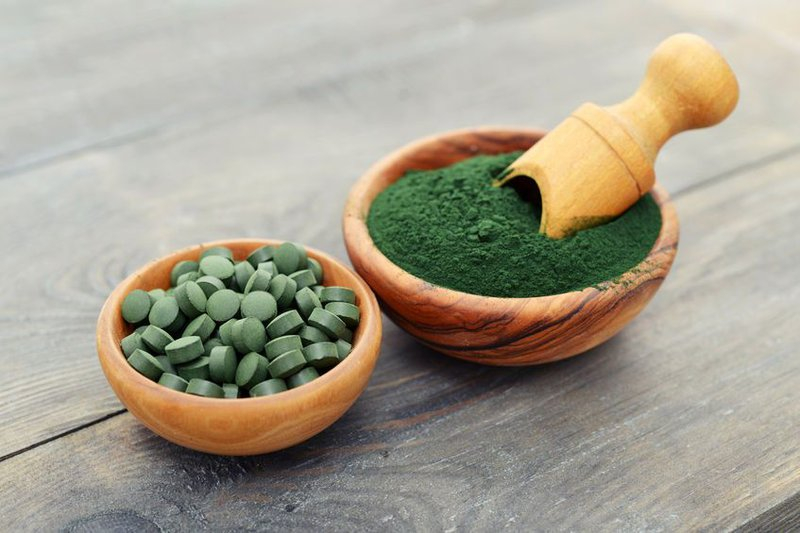
Spirulina 
Spirulina -
Ancient grains including amaranth, millet, quinoa, and sorghum have all been linked to a number of health advantages. They are a mainstay of many cultures' diets, including those in China, India, Africa, and the Middle East. Ancient grains are currently gaining popularity in Western nations.
They are more nutritious and include more vitamins, minerals, and fiber than more common grains like corn, rice, and modern wheat since they are typically less processed. Additionally, studies have connected eating ancient grains to health advantages like less risk of heart disease, improved blood sugar control, and improved digestion. Ancient grains, as opposed to refined grains, are rich in many crucial nutrients, such as magnesium, potassium, phosphorus, zinc, manganese, and copper. You can greatly boost your mineral intake by replacing ancient grains and grain products with refined grains and grain products like white rice, white pasta, and white bread.
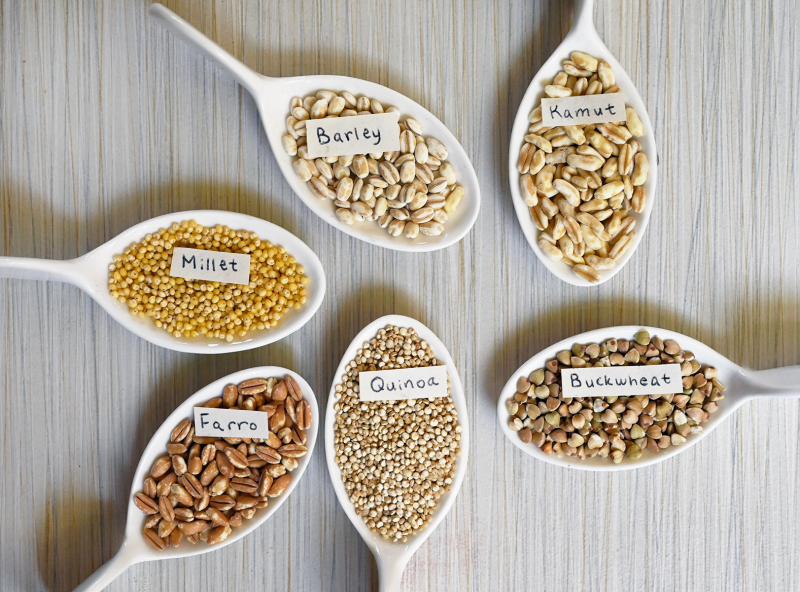
Ancient grains 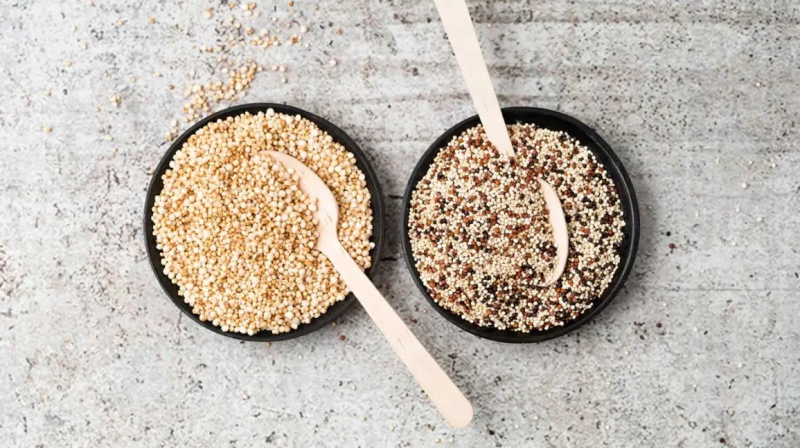
Ancient grains -
In place of refined carbs like white rice and pasta, starchy vegetables like sweet potatoes, potatoes, butternut squash, and parsnips are a great substitute. Starchy veggies are incredibly nutrient-dense and rich in fiber, vitamins, minerals, and antioxidants.
Due to the high carbohydrate content of starchy vegetables, many people avoid them. However, starchy vegetables are a valuable source of nutrients, including calcium, iron, potassium, magnesium, manganese, and magnesium. Starchy vegetables should be a component of a healthy diet because they are rich in antioxidants, vitamins, and minerals. But you should keep them to about a quarter of your plate. Because they contain more carbohydrates than other veggies, starchy vegetables might raise your blood sugar levels.
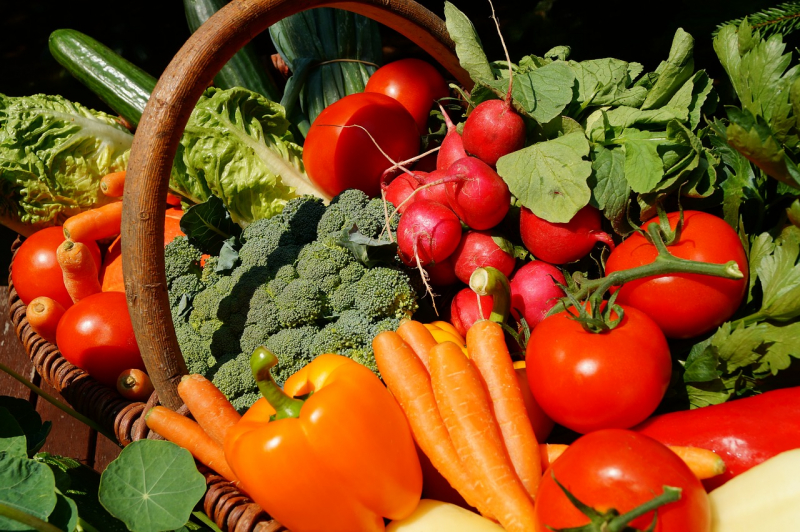
Starchy vegetables 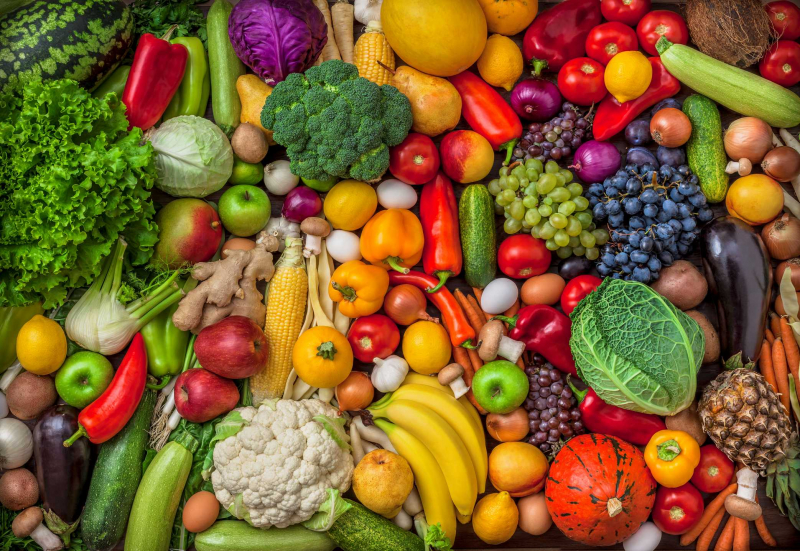
Starchy vegetables -
Bananas, mangoes, pineapples, passion fruits, guavas, and jackfruit are examples of tropical fruits that thrive in tropical or subtropical regions. The United Nations Food and Agriculture Organization (FAO) and the World Health Organisation (WHO) recommend these fruits for a well-balanced diet. They can also help prevent diabetes, cardiovascular problems, and even some types of cancer.
Many tropical fruits are great sources of minerals like potassium, manganese, copper, and magnesium in addition to being high in antioxidants, fiber, and vitamins. One of the most popular tropical fruits, bananas are rich in potassium, magnesium, and manganese among other nutrients. To enhance your intake of minerals, vitamins, fiber, and antioxidants, try adding some frozen tropical fruit to your smoothies or eating fresh tropical fruit in oatmeal, yogurt, or salads.
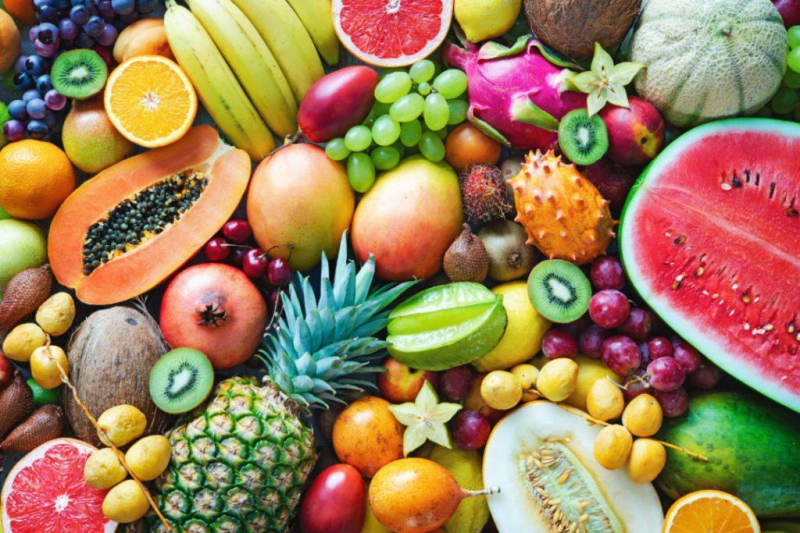
Tropical fruits 
Tropical fruits

















